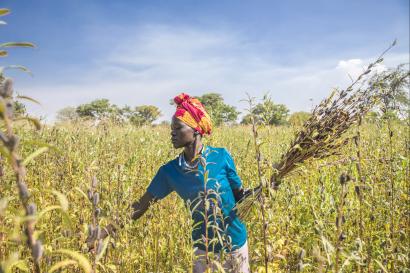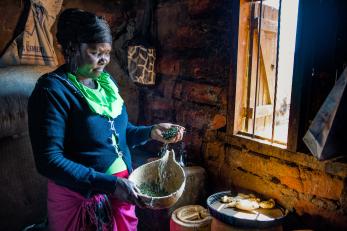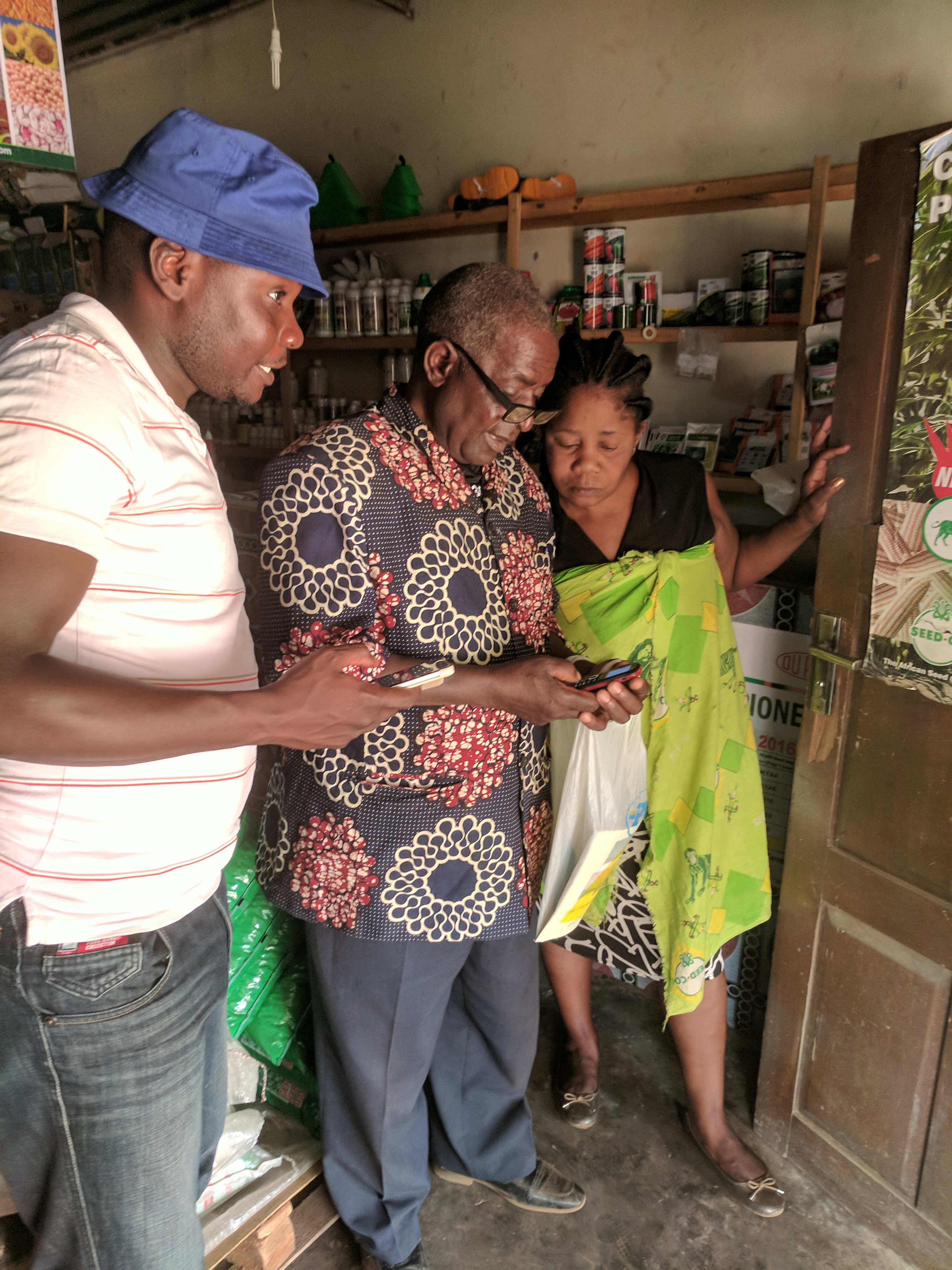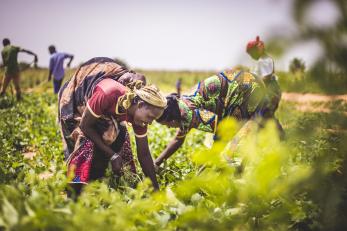Breadcrumb
Pula: Reimagining the landscape of agricultural insurance

Small farmers produce up to 80 per cent of the food supply in Africa and Asia, and face a 90 per cent chance of crop loss due to factors outside of their control, such as pest outbreaks and severe drought.
But most of these farmers don’t have any form of crop insurance. If they lose their crops, they lose their income, and can only pray for a better harvest next season.
Buying insurance to protect themselves against an unlikely or unknown future event is a difficult decision. Farmers have little or no discretionary funds to spend and options for providers are limited. Without insurance, farmers are at the mercy of an increasingly unpredictable climate. They’re also less likely to invest in farm equipment or better inputs, such as seeds and fertiliser, to increase their yields. They opt to shoulder all the risk and are caught in a cycle of low investment, low yield and low income.
Insuring the rains
Pula Advisors is radically restructuring the landscape of agricultural insurance to help insure the previously unbanked, uninsured and untapped market of the world’s 500 million small farmers.
Located in Nairobi, Kenya, Pula provides farmers with insurance bundled with inputs (such as seeds and fertiliser) and farmer advisory services to help increase their yields and boost (and protect) their income.
And the best part? The insurance is free, so farmers don’t have to make any sacrifices to protect their hard work. Agricultural input companies pay the premium to differentiate their product from their competitors’ products, and the insurance is underwritten by third-party insurers.

One of Pula’s unique offerings and strengths is that it helps suppliers (e.g., seed companies) better understand their customers.
“Insurance is a data business, and they collect the data at registration to create business insights for the distribution channel (e.g., seed company)," says Josh Ling, one of Mercy Corps' financial inclusion experts at the time of investment. "The channel then becomes a champion for the insurance product and, in most cases, willing to subsidise it.”
“To state that the weather and our climate is important to farmers is a gross understatement. The climate determines everything. At Pula we insure farmers, or to be more specific we insure the rains. We started Pula because we wanted to build the tools and the company that would enable farmers to take control of their own destiny.” — Rose Goslinga, Co-founder and CEO, Pula
Customer spotlight

Catherine Bertha Chitamya, 25, lives with her mother in the Masaiti district of Zambia. Catherine has been farming for three years, and it’s the only source of income for her household. When Pula connected Catherine with seed supplier DeKalb, she decided to plant it on her farm as a trial for the farmers in her area. To her disappointment, the first attempt was foiled by drought. But, because she had a Pula insurance policy, DeKalb compensated Catherine for the initial loss and restored her confidence in its seed. Catherine now has a well-established crop.
Building connections for greater impact
Every year, we work to reach around 1 million small farmers with the resources they need to diversify and improve their crops, increase their incomes, and become more resilient in the face of a rapidly changing climate.
Our vision is that small farmers have greater agency over their livelihoods. This means access to the insurance, advice and resources they need to generate enough profit to feed their families and thrive. By supporting Pula, we continue to take steps in this direction — a world in which all small farmers can rest assured their livelihood is safe and they have what they need to prosper and grow.

We’re impressed by how the Pula model addresses many of the core challenges microinsurance providers face in reaching sustainability, such as the high costs of educating consumers about complex insurance products, overcoming the related stigma, and the added expense of incorporating insurance education at the centre of the product. This model, combined with the potential for impact, strength of the team and traction in the market, has compelled us to join forces with Pula to drive change in agriculture.